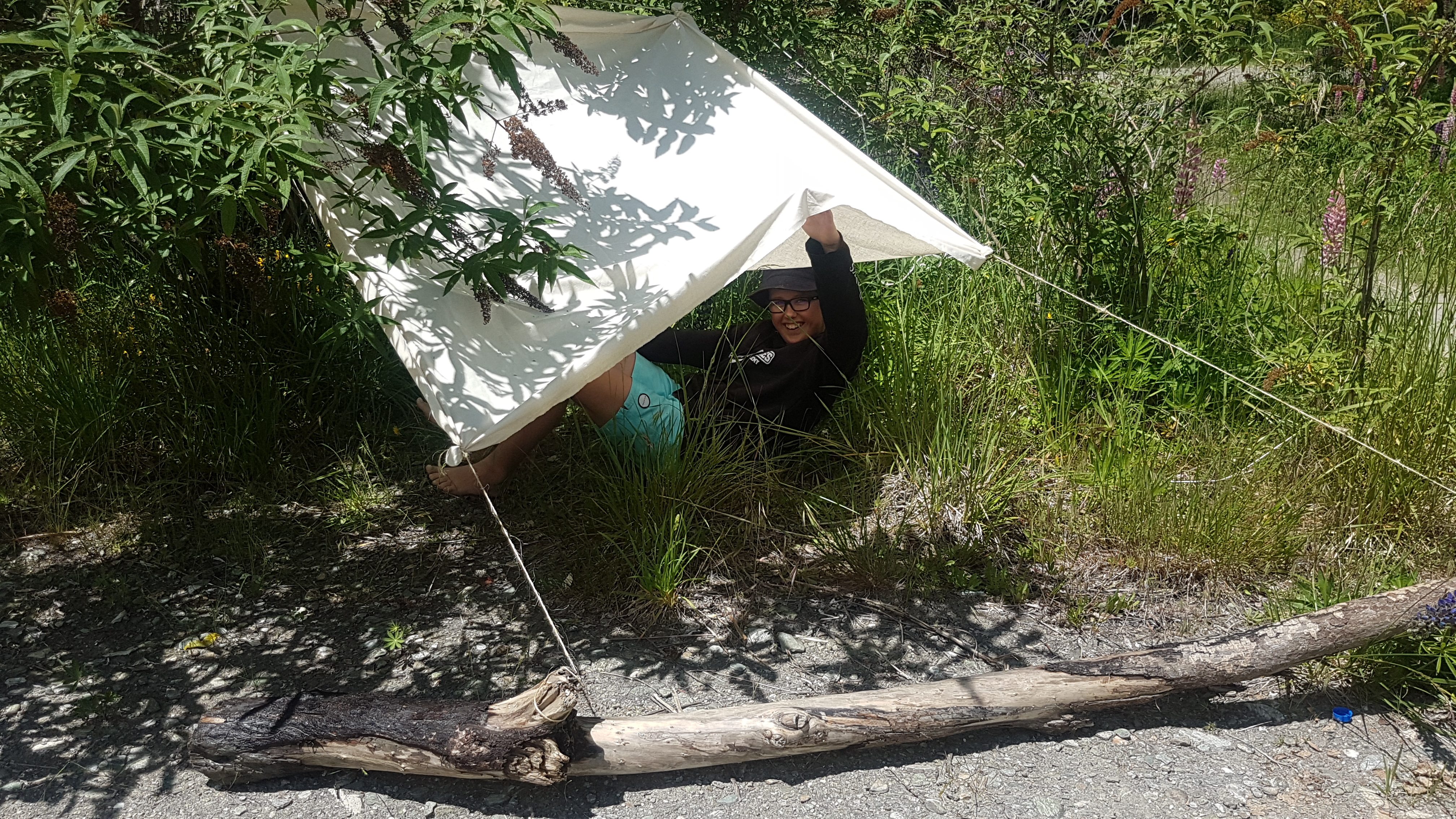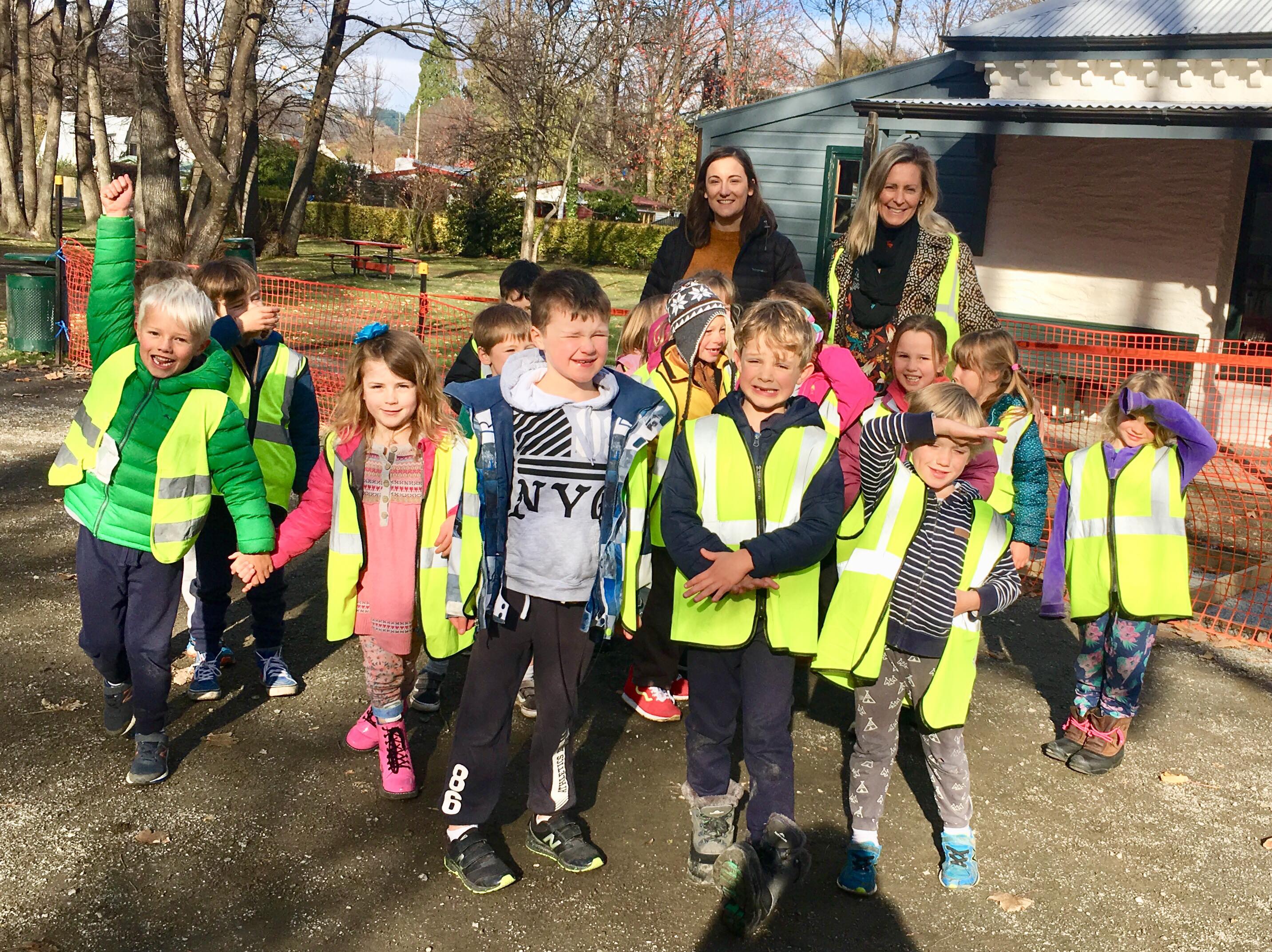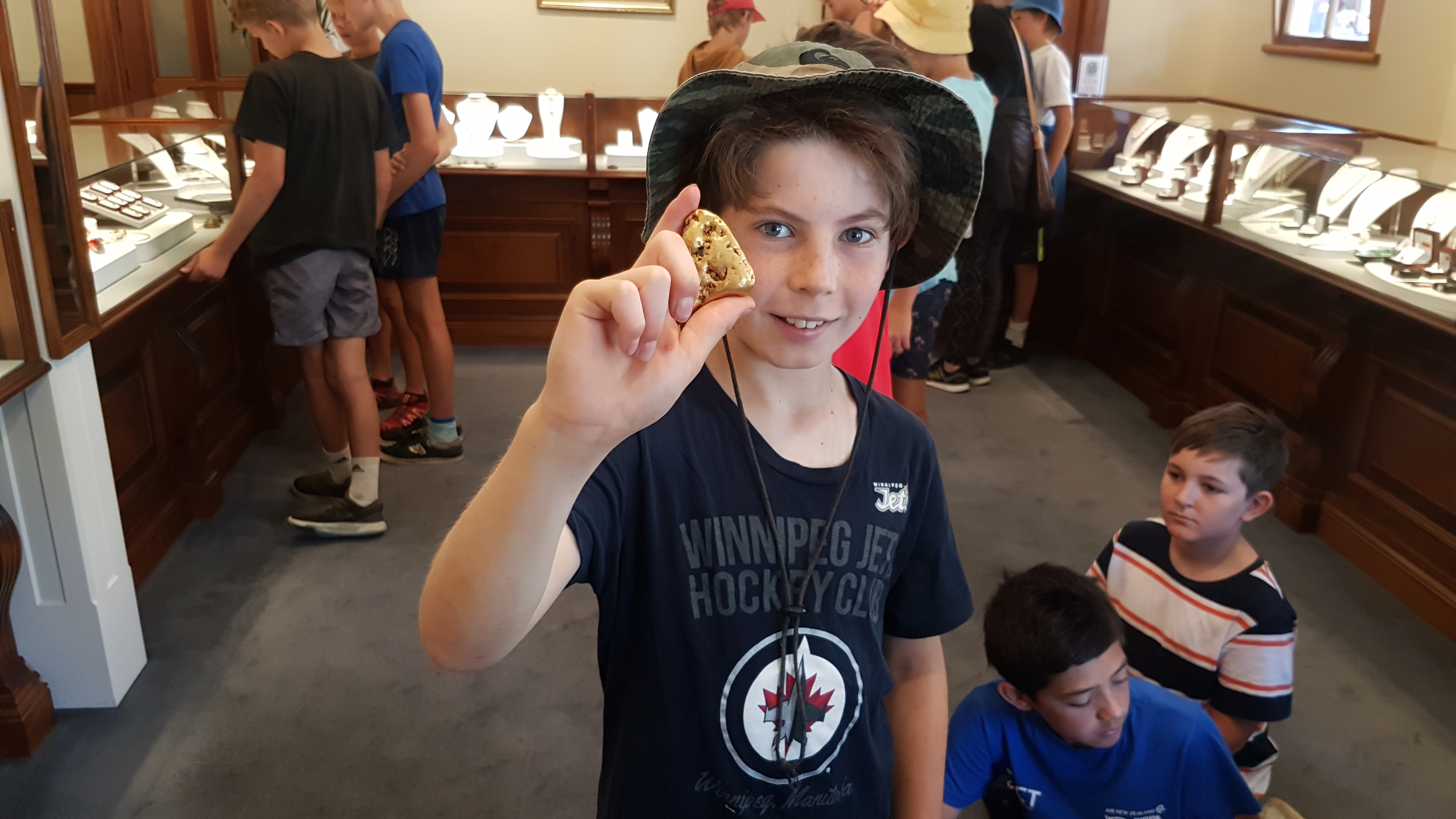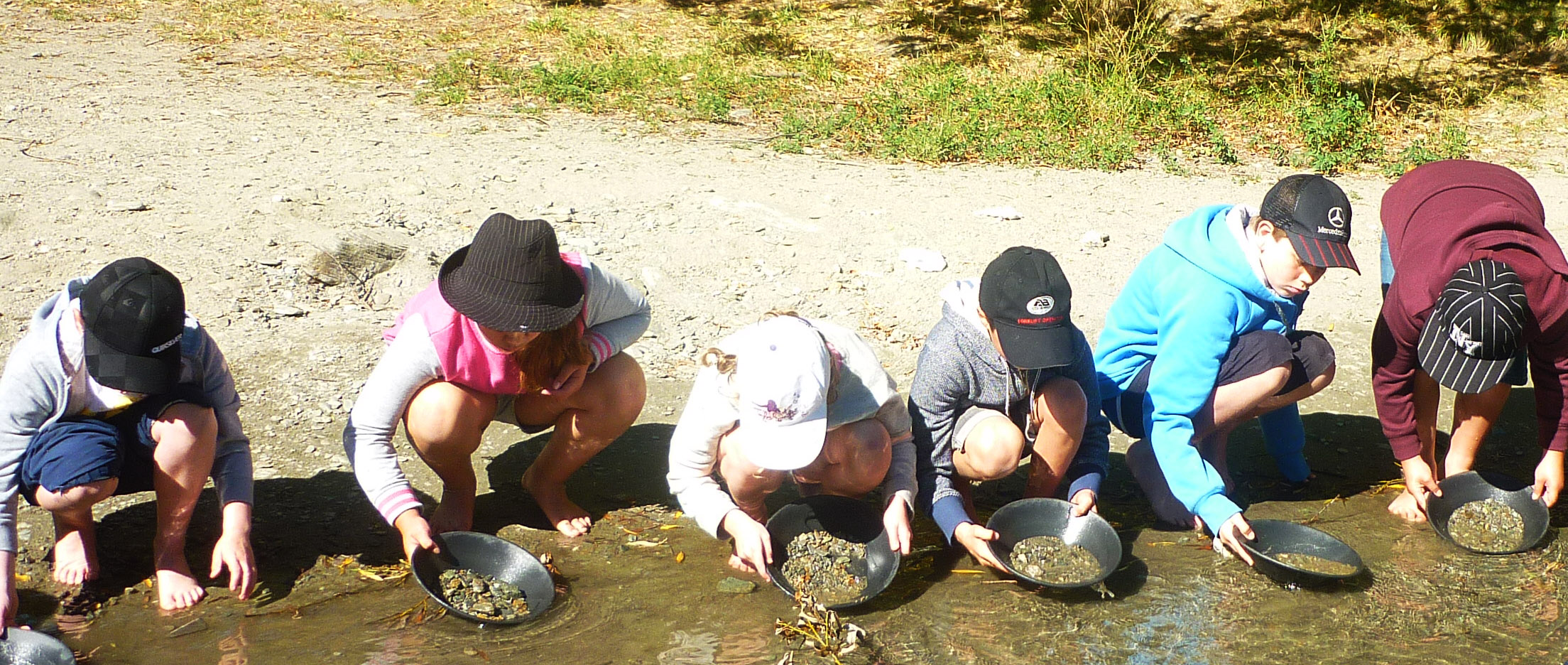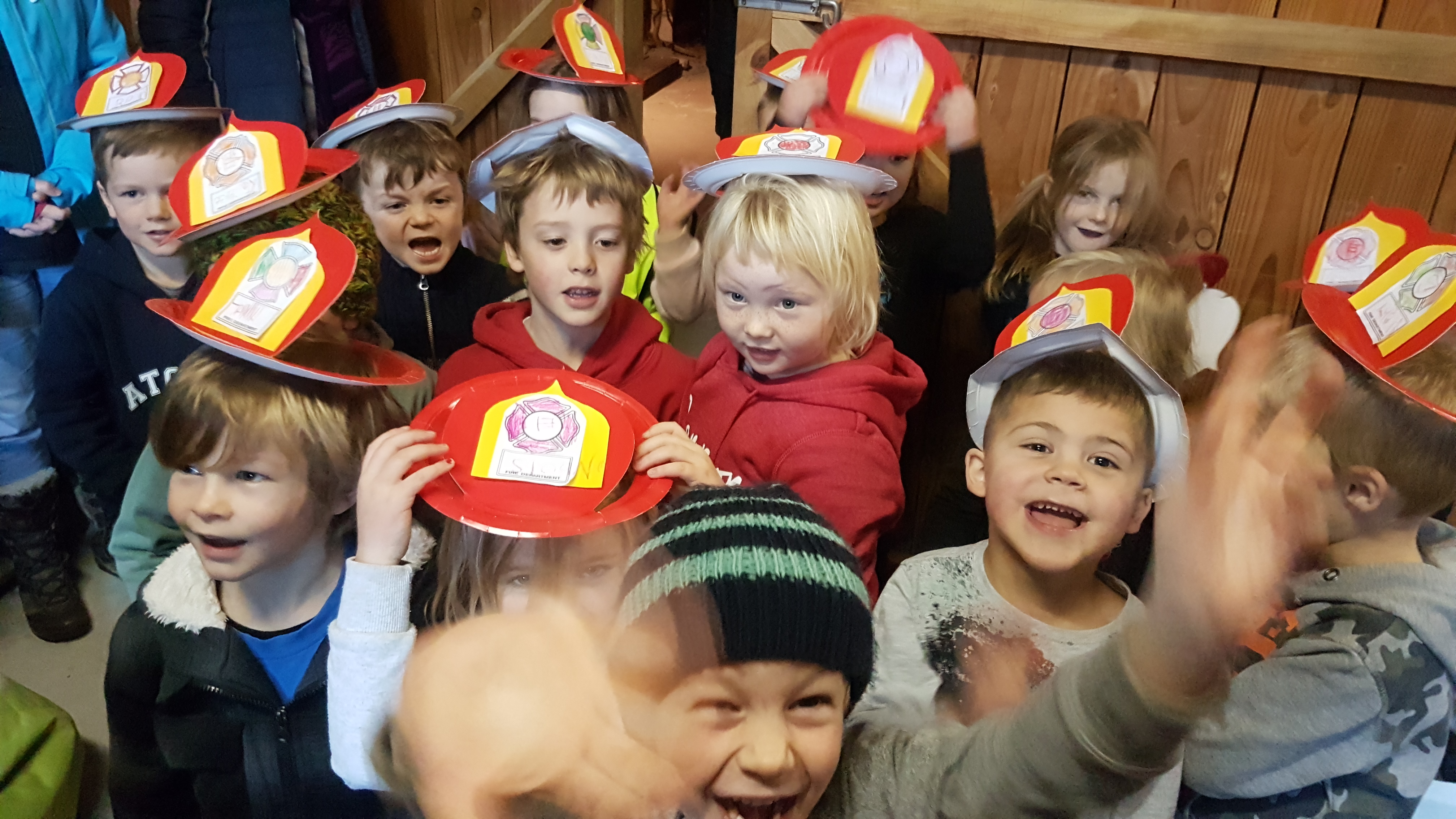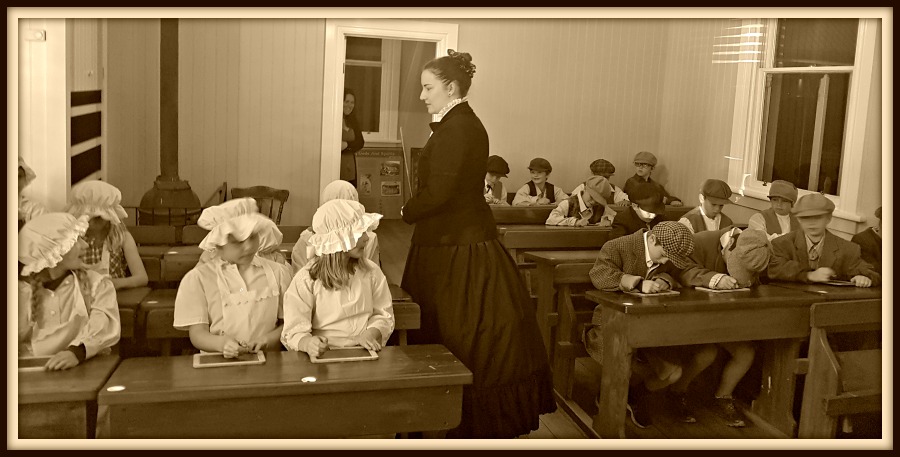Our Year 0-10 options are linked to different strands of the curriculum and a full day programme can incorporate - The Social Sciences, Technology, Science, The Arts, Health and Physical Education:
- Hands on learning focusing on gold and life in 19th century New Zealand
- Learn about Southern Maori in the Lakes District through legends, drama and artefacts
- Walk through Arrowtown and stop at a miner's cottage, get locked up in a goldfields gaol and visit St Patrick's Church and Mary MacKillop's cottage
- Explore the Chinese settlement and discover what life was like for these industrious people
- Try your hand at gold panning in the famous Arrow River with an expert tutor
- Experience a class with Miss Gray in our 1880s schoolhouse wearing costumes
- Learn how to make butter and rag mats
- Experience first hand shelter building, using washboards and digging long drops
- Get hands on with original artefacts
- Use the historic cemetery to learn about class, religion, death and disease
- Explore inventions created by pioneering New Zealanders
Other options:
1880s Schoolyard games, Photographic Interpretation, Communication, Transport, Inventions, Women in the Wakatipu, Native Birds... or choose a special topic that we can tailor to you and your needs.
Or if you would like us to develop activities suited to your topic, get in touch!
Sample Programme (visits can be for 1-2 hours or for the whole day):
| Time |
Activity |
| 9.20-10.30 |
Miss Gray's Victorian Classroom Experience (Who will 'get the cane'?) |
| 10.30-10.45 |
Morning Tea |
| 10.45-11.30 |
Museum Visit (Hands on Artefacts/Scavenger Hunt) |
| 11.30-12.30 |
Historic Walk (Visit Arrowtown Landmarks and Get Locked in the Old Gaol!) |
| 12.30-13.30 |
Lunch |
| 13.30-14.30 |
Chinese Village Tour (Imagine Life as a 1860s Miner) |
| 14.30-15.30 |
Gold Panning (Who will get gold fever?) |
Curriculum links
We work with you to ensure your learning goals and curriculum focus is met on your visit.
Social Sciences
- Whakapapa me te whanaungatanga | Culture and identity – Students learn about society and communities and how they function. They also learn about the diverse cultures and identities of people within those communities and about the effects of these on the participation of groups and individuals.
- Tūrangawaewae me te kaitiakitanga | Place and environment – Students learn about how people perceive, represent, interpret, and interact with places and environments. They come to understand the relationships that exist between people and the environment.
- Tino rangatiratanga me te kāwanatanga | Government and organisation – Students learn about past events, experiences, and actions and the changing ways in which these have been interpreted over time. This helps them to understand the past and the present and to imagine possible futures.
- Kōwhiringa ohaoha me te whai oranga | Economic activity – Students learn about the ways in which people participate in economic activities and about the consumption, production, and distribution of goods and services. They develop an understanding of their role in the economy and of how economic decisions affect individuals and communities.
Our educators encourage students to use a social inquiry approach on their visits:
- ask questions, gather information and background ideas, and examine relevant current issue
- explore and analyse people’s values and perspectives
-consider the ways in which people make decisions and participate in social action
- reflect on and evaluate the understandings they have developed and the responses that may be required.
Science
- The Living World - Let's learn about Native Birds - including those that are extinct and endangered.
- Planet Earth and Beyond - Learn how glaciation formed our land, about the gold beneath the surface, the importance of water and its uses.
- The Physical World - Learn about how the very first hydro-electric power plant was built in Bullendale, Skippers on a tributary of the Shotover River.
Technology
- The Nature of Technology - Learn about the impact of technology on societies and the environment; the inventions early settlers came up with, the development of gold mining equipment, transport, communication, domestic and industrial tools....
The Arts
- Visual Arts - Students can develop their visual literacy and aesthetic awareness in our changing exhibitions in our gallery space, try their hand at block printing, study the architecture of Arrowtown's historic cottages, learn about Maori Tukutuku panels.
- Drama - Students can use the backdrop of Arrowtown, the Chinese settlement, the old gaol, dress up in Victorian costumes and create their won plays.
Health and Physical Education
- Movement concepts and motor skills - Students can try their had at games Victorian children played.
- Relationships with other people - Activities are cooperative in nature and some have a competitive element.
Learning Languages (Te Reo Maori)
-
Language Knowledge
-
Cultural Knowledge
In line with the curriculum, we also utilise the key competencies of:
- Thinking
- Relating to others
- Using language, symbols, and texts
- Managing self
- Participating and contributing
|
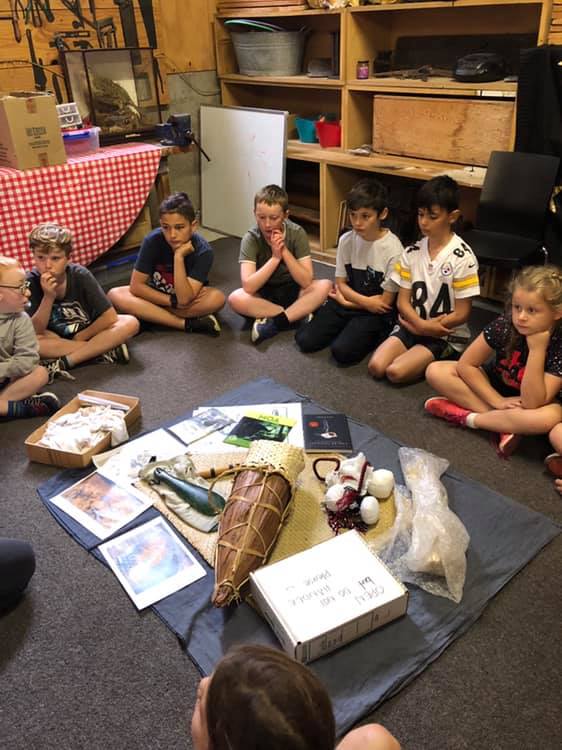
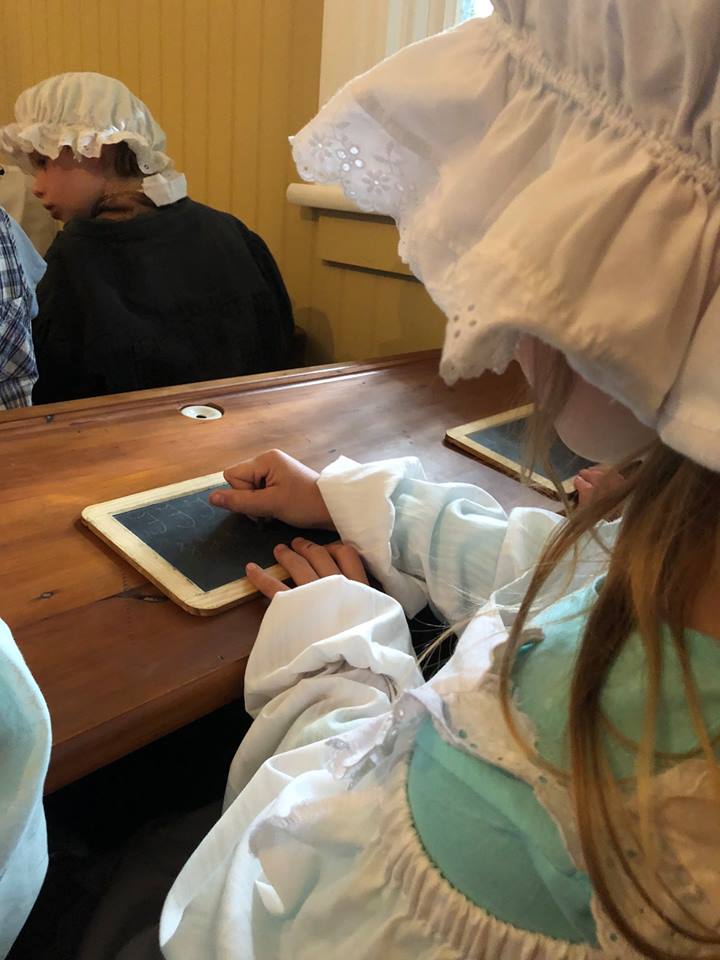
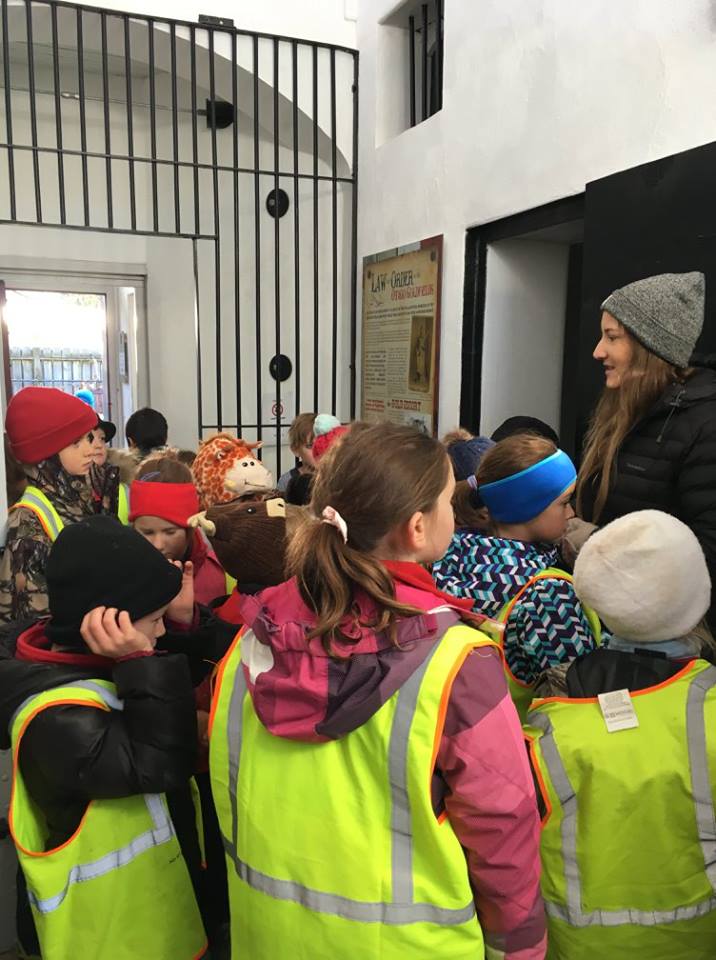
|

